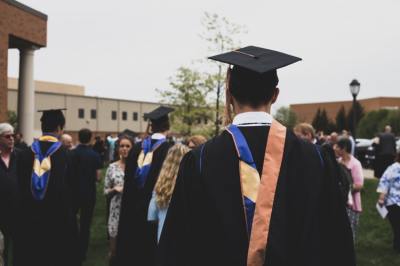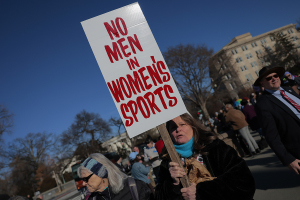Building on an existing relationship: The aggregate of alumni (part 2)

Administrators and faculty appear to be clueless of their responsibility to a large donor class and this also appears not to be of concern. Over time it has become clear that these administrators have moved to a position of joining the populous opinion rather than remaining faithful to the founder’s mission and furthermore with little thought of the public relations repercussions.
Among the most powerful and influential group of individuals connected with an educational institution are the “alumni.” Institutions in the know rely on the alumni to serve as advocates. The alumni recruit and direct potential students to campus; share their personal experience, both satisfactory and unsatisfactory, with the general public; and when financially successful direct large amounts of capital to their “alma mater.”
Understanding this should keep the administration and in particular the advancement office closely in touch with alumni and knowing in great detail their effective benefit to the institution. Ignoring them will immediately place an institution at peril.
Of course success with this aspect of advancement work will result in an “informed alumni” which may be both a positive and a negative. If they like what they know the results are positive. This is the reason family names appear on buildings and scholarships are named for a beloved alumnus. If they don’t like what they know well, the converse is the result.
A friend of mine is an alumnus of a prestigious southern university and possesses a degree of which he is very proud. However, he is not pleased with the direction his university has taken and this has seriously affected his giving, giving which holds great potential. He and friends like him have responded creatively in the way they contribute to their university.
This group related from their time at the university and by extension with others having a relationship through campus organizations, fraternities and the like, which meet from time to time at “homecoming,” have decided how to deal with the use of their philanthropy. That which resulted is called “designated giving.” Designated gifts may be used only for that specifically designated when the gift is made. My friend believes this to be an effective way to express the gratitude he holds for his education. But it also expresses it in a way which while suiting him best makes a statement of some dissatisfaction with his alma mater.
Alumni should join their college or school’s alumni council, become a class representative, or maybe they could form a local chapter of alumni to keep in touch with each other and with the college. Administrators and faculty may be brought to local meetings and questioned with regard to campus actions and attitudes. Alumni feelings, thoughts, and concerns may be directly communicated to the college or school and not lost in the mail. No more will you have to wonder if your voice is heard and furthermore you have a reason to follow up on your conversation.
John Walters, President of The Philanthropy Roundtable has said, “Donors who thoughtfully target their giving give twice: their ideas as well as their money.” Furthermore intelligent donors are sensitive to “fungibility,” the property of a good or a commodity whose individual units are subject interchangeability. The best way to avoid fungibility is to either start something new or be completely aware of how your money is being spent and for what. There is an old saying, “money is like water. It doesn’t matter how much you pour in at the top of the bucket if it is leaking out the bottom.”
Donors are intelligent and they are also interested in knowing how their hard earned money is being used. As intelligent beings they have grown accustomed to direct their gifts wisely becoming, in the process, true benefactors of institutions. When stupid decisions are made or misuse of funding is discovered they usually take notice and act accordingly. As an advancement professional with a focus on development this has always weighed heavily in my work. While alumni disappointment is serious it doesn’t have to create a terminal situation. The alumni connection, with care, can be salvaged and repaired. There is, however, a second influential group, the major donor group, which presents a different set of dynamics. This group is more often than not inclined to simply walk away from their philanthropic interest. Their relationship is altruistic.



























